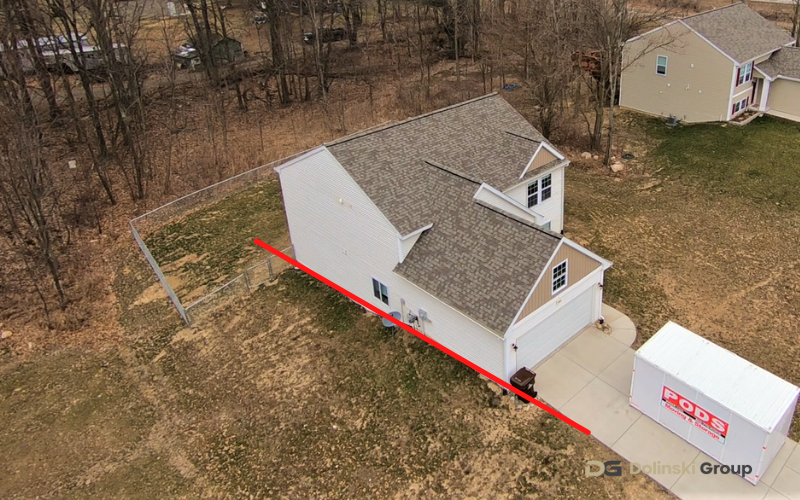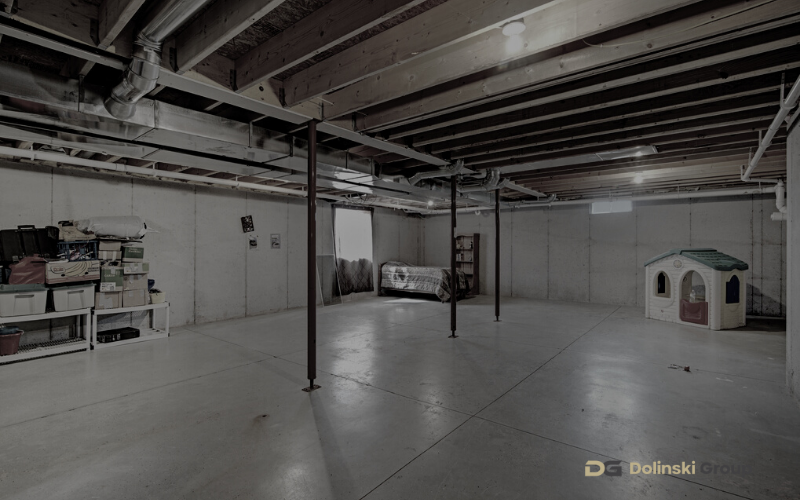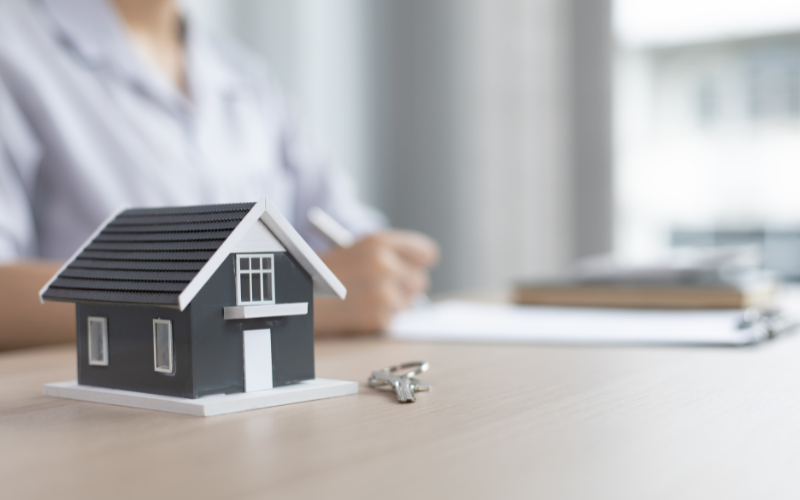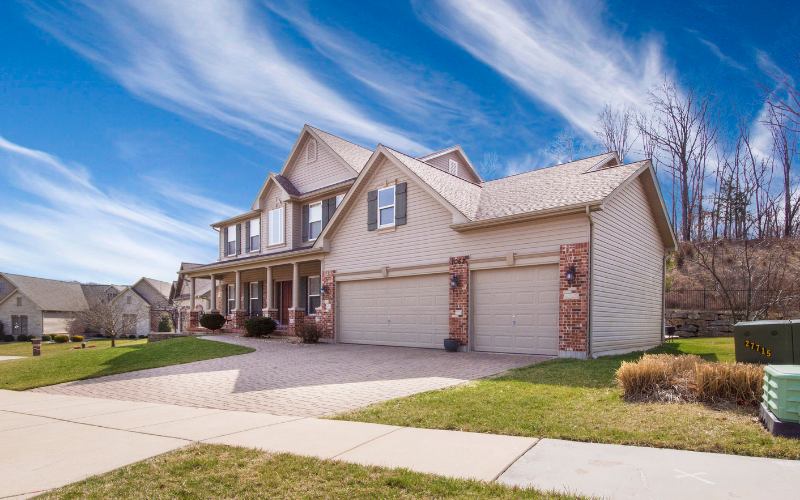Does a basement count as square footage?
It depends on why you’re asking. From an appraisal perspective, the answer is no. From a local tax assessor’s perspective, the answer is probably. And Zillow’s perspective is that they do count the square footage.
But wait, does that mean a basement — finished or unfinished — has no value to a home? That’s not true either. Basements do have value.
To understand how basements are treated, we need to understand a few concepts and see how to determine the value of a basement for a home.
Gross Living Area Of A Home
When listing real estate agents and appraisers talk about the square footage of a home, they are referring to the space that can be counted as the gross living area or (GLA).
The gross living area is defined as finished, livable space that is fully above-grade. Look at the definition again and you see there are three factors that go into counting a space as gross living area. It must be:
- Finished
- Livable
- Fully above-grade
Under this definition, an unfinished basement cannot be counted in the gross living area because it’s neither finished, livable or fully-above grade.
What about a finished basement?
Well, it’s finished. It is livable. But, it’s not fully above-grade.
This is a fancy way of saying that the basement isn’t fully above ground level.
Here’s an example of a home. The redline is where the grade is. The ground is sloped but all of the area is above grade.

Walk-Out Basements
Things tend to get a little tricky when it comes to walk-out basements, where half of the basement may be above the ground and the other half below the ground. Plus, the basement includes an access and egress point of the home.
Generally, the answer is still no. You wouldn’t count it as the gross living area or you may count a partial portion of the basement that is above-grade as the GLA.
The variance in this will be due to what’s common in your local area and what is allowed in the local area.
But all of that still leads to the question, if basements don’t generally count as square footage, do they have value from an appraisal or resale perspective?
The answer is yes. Just not the same value as the gross living area. We have to find out the value of a basement through a comparison approach.
What Lenders Say About Basement Square Footage
When it comes to basement square footage, Fannie Mae has some guidelines “Only finished above-grade areas can be used in calculating and reporting of above-grade room count and square footage for the living space. Fannie Mae considers a level to be below grade if any portion of it is below grade, regardless of the quality of its finish or the window area of any room.”
Some key elements to point out are “if any portion of it is below grade” and “regardless of the quality of it’s finish”.
In other words, even if your entire basement is only a foot below the ground, like in a raised ranch or tri-level, then the area cannot count as square footage regardless of how it’s finished.
To Fannie Mae and appraisers, a basement, even if finished with high-quality materials, cannot count as square footage. It doesn’t matter how good your basement looks.
This is important because it leads to a specific outcome: the basement will have less value to your home than your gross living area.
What Value Does A Basement Add To My Home?
Basements do add value to your home, even if it cannot be counted as gross living area. It’s not likely to be worth as much as space that can be counted as gross living area.
How much value your basement adds is going to be determined by your area and market conditions.
For example, in Riverview, Michigan, the value adjustment per square footage for a finished basement compared to an unfinished basement is about $11 to 15 per square foot — depending on quality of finish.
To figure out the potential value a finished basement would add to your home, multiply the square footage by value per square foot.
Example: assume you’re finishing 1,000 square feet in your basement at a value of about $12 a square foot. A finished basement would add $12,000 in value to your home.
It’s important to note that the value per square footage is going to change as the market changes. In 2021 and into 2022, this is the average value per square foot we expect for a basement in the southern Metro Detroit area and Downriver.
In Dallas, Texas, for example, this number could be 2 to 3 times more.
If the market moves down and home values start to decrease, then the value a basement adds to a home will also decrease.
Are you thinking about buying a house and trying to determine if the asking price is worth it just because they have a finished basement?
That’s a good question a qualified real estate agent will be able to answer. Not every real estate agent will know how to value a basement.
You need to look for a certified pricing strategy advisor real estate agent.
Work With A Pricing Strategy Advisor Agent
Agents who are certified as pricing strategy advisors have completed extra training in the area of home values and building reliable comparable market analysis.
They understand the complexities in home values and adjustments, such as, how much value a basement adds to a home.
Whether you’re looking to sell or buy, working with a pricing strategy advisor agent is recommended. For sellers, they will help you properly set a list price so you don’t overprice or underprice.
With a buyer, they can help you from overpaying for a home and get ahead of appraisal issues.
At the Dolinski Group, we are a certified pricing strategy advisor and we would be happy to help you. We cover several parts of Michigan — from Lansing to Downriver.




